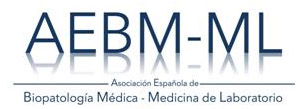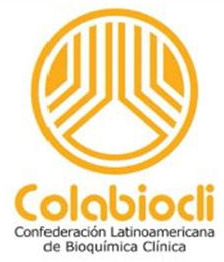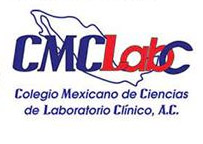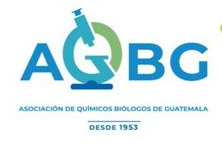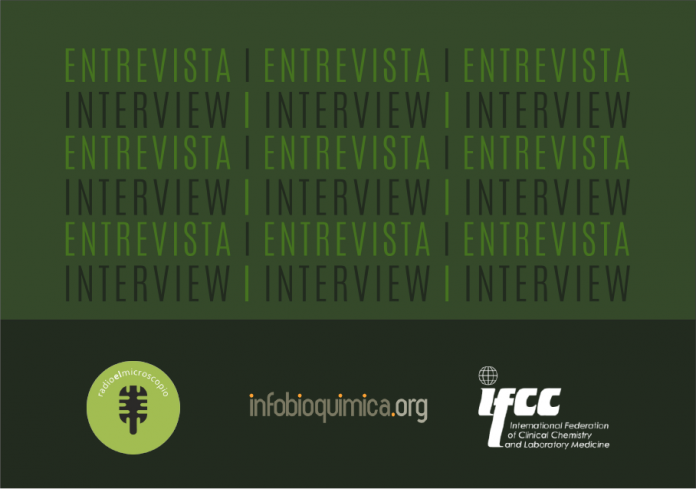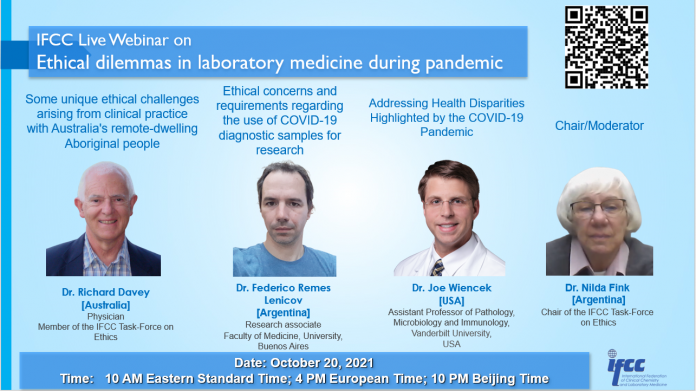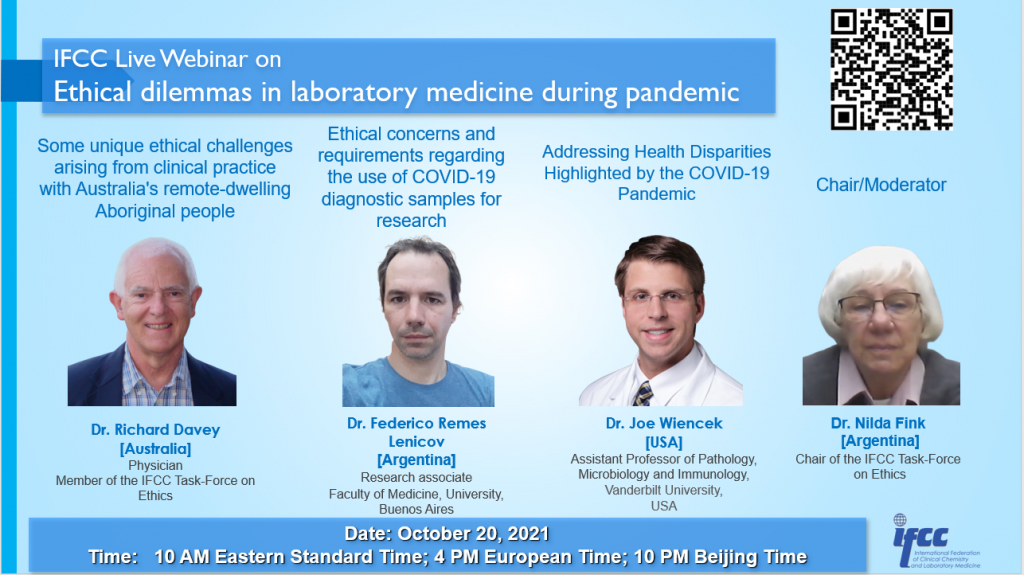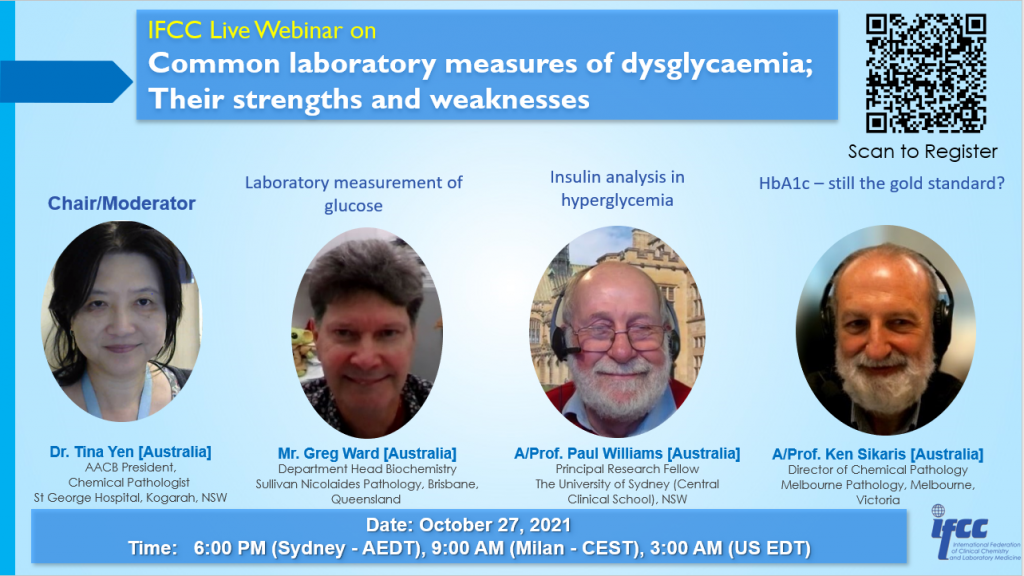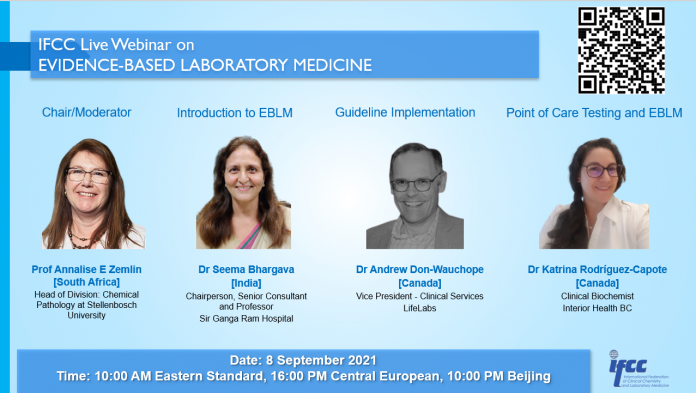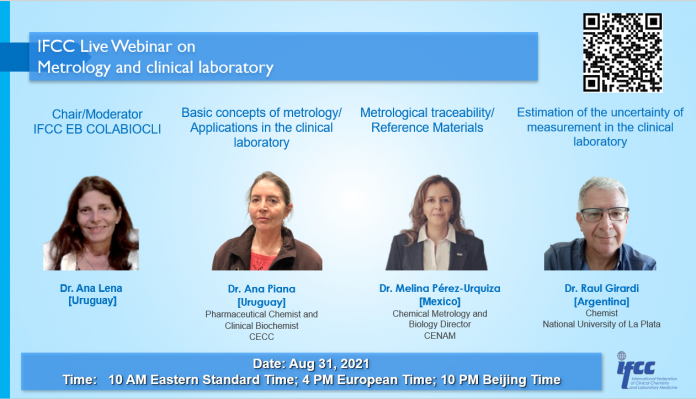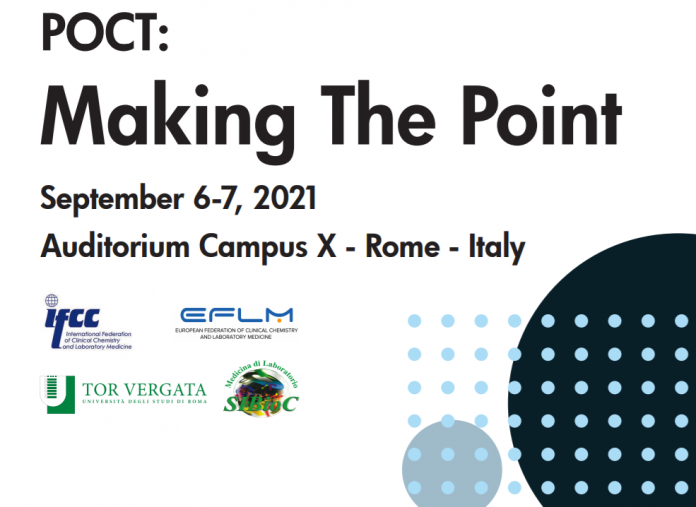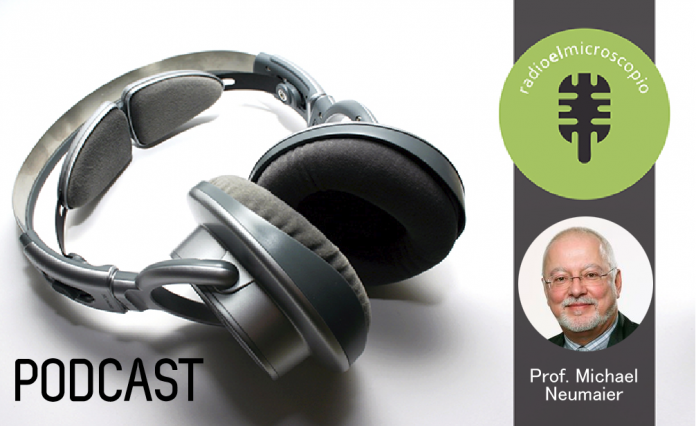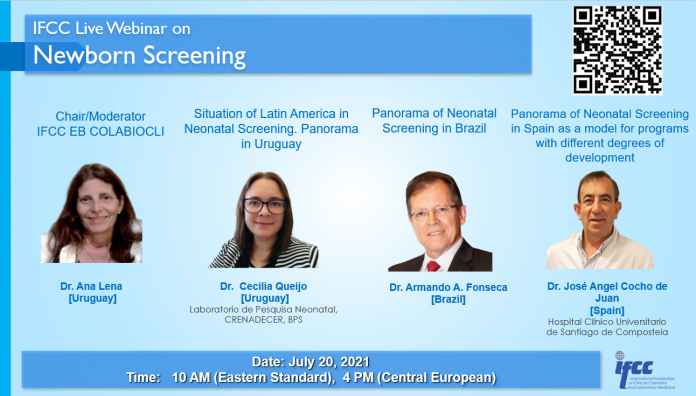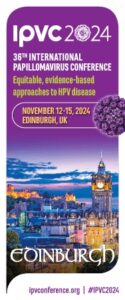Clinical Lab 2.0:
How the Laboratory Can Support Value Based Care, Optimize Patient Outcomes, and Reduce Total Costs of Care?
Dr. Grenache is the chief scientific officer for TriCore Reference Laboratories in Albuquerque, New Mexico. In that role, he leads the TriCore Research Institute which performs clinical device trials, offers central lab services, and maintains asample biorepository.
He is also the laboratory director of TriCore’s core laboratory, is the medical
director of immunology and point-of-care testing, and a clinical professor of
pathology at the University of New Mexico. He is the immediate past president of the American Association for Clinical Chemistry.
Dr. Grenache earned his PhD in biomedical sciences from WPI in Worcester,
Massachusetts, and completed postdoctoral training in clinical chemistry at
Washington University School of Medicine in St. Louis, Missouri. He is a diplomate of the American Board of Clinical Chemistry and a Fellow in the AACC Academy. His research interests are centered on leveraging longitudinal laboratory data to gain insights into population health and the diagnostic tests used to manage the pregnant patient.






